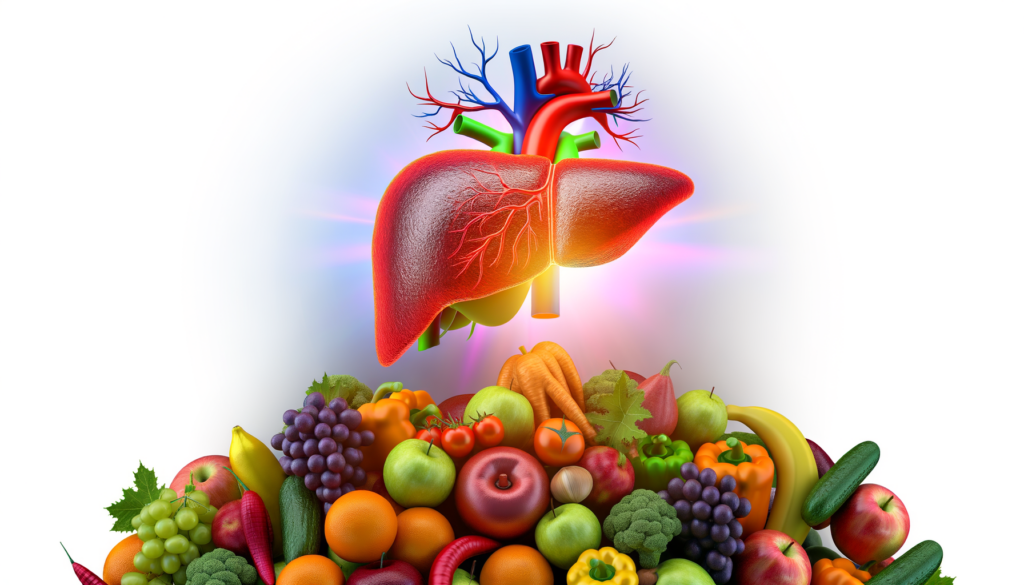Optimizing Fueling Strategies for Ultra-Endurance Events with Calorie Calculator Cloud
When it comes to ultra-endurance events, such as ultra-marathons, Ironman competitions, or other extreme sports, the importance of proper nutrition cannot be overstated. Athletes participating in these events need to ensure they are fueling their bodies optimally to maintain performance, prevent depletion of energy stores, and manage potential gastrointestinal issues. Here’s how you can use the Calorie Calculator Cloud to develop and refine your fueling strategies.
Understanding Nutritional Needs for Ultra-Endurance
Ultra-endurance athletes require a significant amount of calories to sustain their performance over extended periods. For instance, Ironman athletes can burn between 7,000 to 10,000 calories during a single event.
Carbohydrates: The Primary Fuel Source
Carbohydrates are the primary fuel source for high-intensity, long-duration activities. Elite athletes typically need to consume around 65% of their calories from carbohydrates to maximize their performance. This is because carbohydrates are quickly converted into glycogen, which is stored in the muscles and liver and can be rapidly used for energy.
Protein and Fat
While carbohydrates are the mainstay, protein and fat also play crucial roles. Protein helps in muscle recovery and repair, especially after intense workouts. A daily intake of 2.4 grams of protein per kilogram of body weight is often recommended for athletes undergoing rigorous training.
Fat, particularly in low-intensity, long-duration events, can be a significant energy source. However, for most ultra-endurance events, a high-carb approach is still the most effective strategy.
Using Calorie Calculator Cloud to Plan Your Nutrition
The Calorie Calculator Cloud is a powerful tool that can help you plan and optimize your nutritional intake for ultra-endurance events.
Calculating Daily Caloric Needs
To start, you need to calculate your daily caloric needs based on your activity level, weight, and other factors. The Calorie Calculator Cloud allows you to input these parameters and provides a detailed breakdown of your caloric requirements.
For example, if you are training for an ultra-marathon, you might need to consume an additional 2,000 to 3,000 calories per day to support your energy needs. The calculator will help you determine this figure accurately.
Macro-Nutrient Balance
Once you have your total caloric needs, you can use the calculator to ensure you are getting the right balance of macronutrients. For ultra-endurance athletes, this typically means a diet high in carbohydrates, moderate in protein, and lower in fat.
The calculator can help you allocate your daily calories into the appropriate macronutrient ratios. For instance, if you need 65% of your calories from carbohydrates, the calculator will provide you with the exact amount of carbs you should consume each day.
Fueling Strategies During the Event
Front-Loading Your Fuel Intake
One of the key strategies for fueling during ultra-endurance events is to front-load your calorie intake. This means consuming more calories early in the event when your body is most receptive to absorbing them. As the event progresses, your body’s ability to absorb calories diminishes, so it’s crucial to get as much fuel in as possible early on.
The 3 Key Levers: Carbs, Fluids, and Electrolytes
The trifecta of carbs, fluids, and electrolytes is critical for endurance performance. Using water and hypotonic electrolyte drinks alongside solid foods can help you manage these components effectively. This approach reduces the risk of inappropriate dosing and helps maintain a happy GI tract.
Managing Hydration and Electrolytes
Proper hydration and electrolyte management are vital. Tools like the Fuel & Hydration Planner from Precision Hydration can help you understand your fluid and sodium needs. This is especially important because dehydration can reduce blood volume, impacting nutrient absorption and overall performance.
Real-World Examples and Case Studies
Ironman Athletes
For Ironman athletes, a typical fueling plan might include consuming a high-carb meal the night before the event, followed by a light, balanced breakfast on the day of the event. During the event, they would aim to consume around 300-400 calories per hour, with a mix of carbohydrates, protein, and electrolytes.
Ultra-Marathon Runners
Ultra-marathon runners often rely on a combination of solid foods, gels, and electrolyte drinks. They might front-load their calorie intake during the first few hours of the run and then adjust based on how their body is responding. For example, if they start feeling fatigued or experiencing GI issues, they might switch to more easily digestible foods or drinks.
Conclusion and Next Steps
Fueling for ultra-endurance events is a complex but crucial aspect of performance. By using the Calorie Calculator Cloud, you can accurately determine your nutritional needs and develop a personalized fueling plan.
- Calculate Your Needs: Use the Calorie Calculator Cloud to determine your daily caloric requirements and macronutrient balance.
- Plan Your Fueling: Front-load your calorie intake, manage your hydration and electrolytes, and ensure you are consuming the right mix of carbs, fluids, and electrolytes.
- Adjust and Adapt: Be prepared to adjust your fueling plan based on how your body responds during the event.
By following these steps and leveraging the tools available, you can optimize your fueling strategies and achieve better performance in your ultra-endurance events.
For more detailed plans and pricing options, visit the Calorie Calculator Plans page to find the best fit for your needs.








